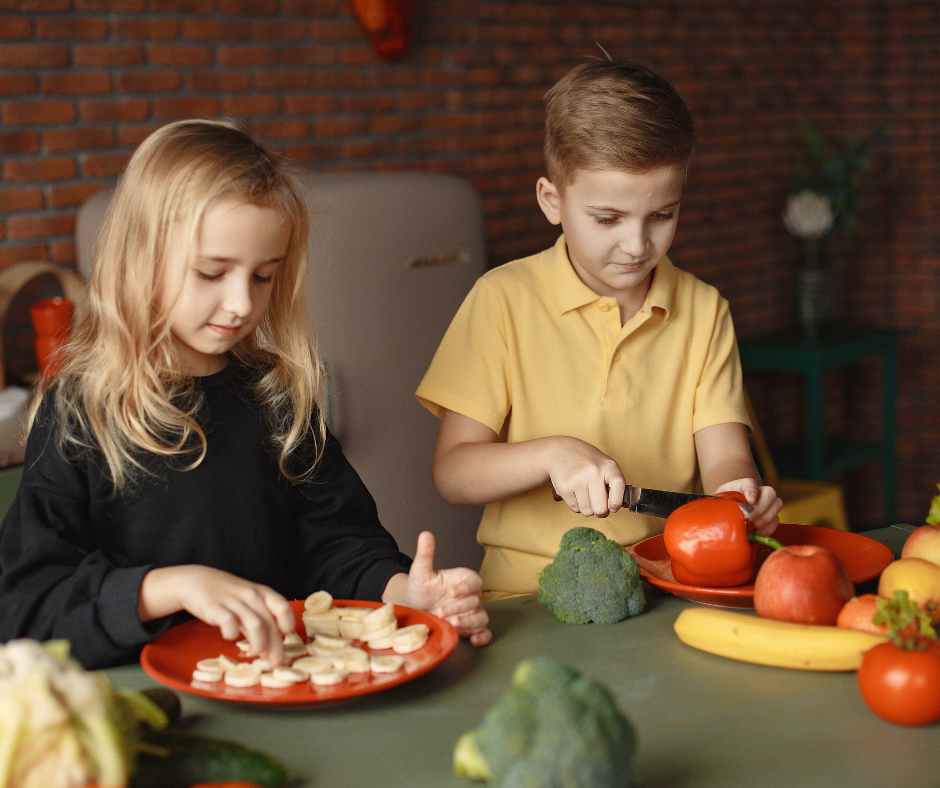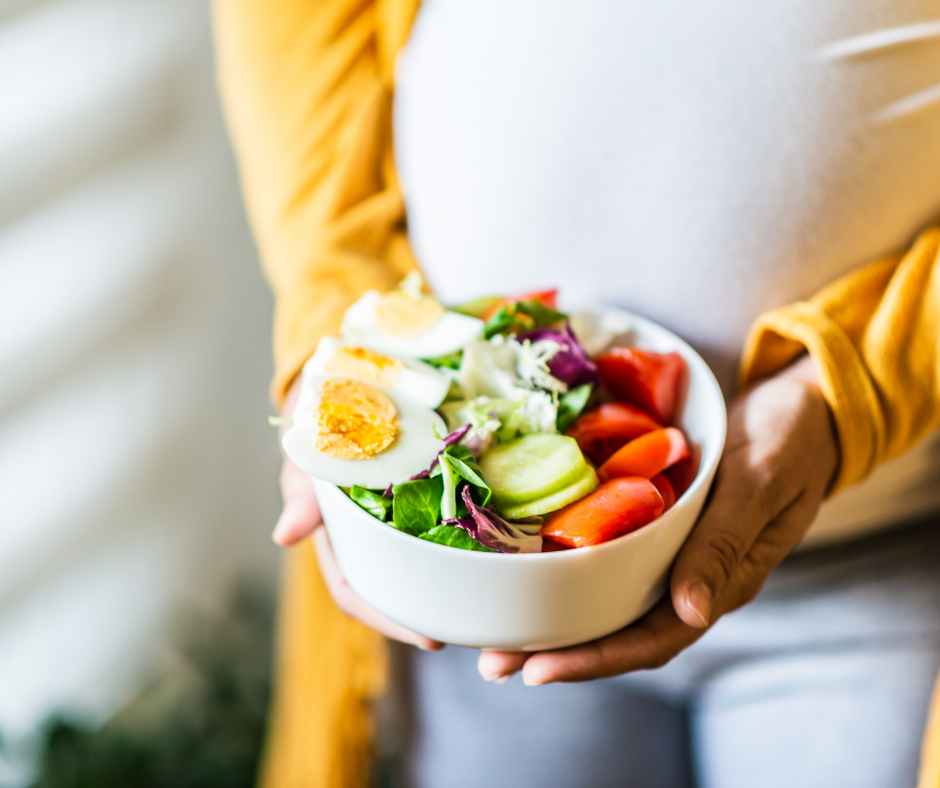Raising kids on a vegetarian or vegan diet is absolutely possible—and healthy—when planned thoughtfully. With the right foods, your child can thrive without meat, eggs, or dairy. The key? Make sure they’re getting all the essential nutrients they need for growth, energy, and brain development. Vegetarian & Vegan Diets for Kids : 🥦 Key Nutrients …
Raising kids on a vegetarian or vegan diet is absolutely possible—and healthy—when planned thoughtfully. With the right foods, your child can thrive without meat, eggs, or dairy. The key? Make sure they’re getting all the essential nutrients they need for growth, energy, and brain development. Vegetarian & Vegan Diets for Kids :
🥦 Key Nutrients to Watch on Vegetarian & Vegan Diets for Kids
Children need a variety of vitamins, minerals, and macronutrients. Here are the essentials that require special attention in plant-based diets:
1. Protein
Protein supports growth, tissue repair, and immune health.
Top sources: Lentils, tofu, tempeh, beans, peas, quinoa, peanut butter, soy milk.
📝 Tip: Mix grains and legumes to ensure complete protein intake.
2. Iron
Iron helps carry oxygen through the blood. Plant-based iron (non-heme) isn’t absorbed as easily as iron from meat.
Top sources: Fortified cereals, spinach, lentils, tofu, chickpeas, pumpkin seeds.
📝 Tip: Pair with vitamin C-rich foods like oranges or bell peppers to boost absorption.
3. Calcium
Calcium is vital for growing bones and teeth.
Top sources: Fortified plant milks, tofu made with calcium sulfate, broccoli, tahini, almonds.
4. Vitamin B12
B12 is critical for nerve function and red blood cells, but it’s not naturally found in plants.
Top sources: Fortified plant-based milks, cereals, or B12 supplements (especially for vegans).
5. Vitamin D
Helps absorb calcium and supports immune function.
Top sources: Fortified plant milks, sunlight exposure, supplements (especially in winter).
6. Zinc
Supports growth and immune system strength.
Top sources: Whole grains, legumes, nuts, seeds.
🌱 Make It Simple and Fun
- Create colorful plates with fruits, veggies, grains, and proteins.
- Include snacks like hummus with veggie sticks, smoothies, or fortified granola bars.
- Involve kids in meal prep—they’re more likely to eat what they help create.
✅ Final Thoughts
Vegetarian and vegan diets can be both nutritious and delicious for children. Just be intentional with meal planning and supplementation (especially B12 and D). Consult a pediatrician or registered dietitian to make sure your child’s diet supports their health and development at every stage.






